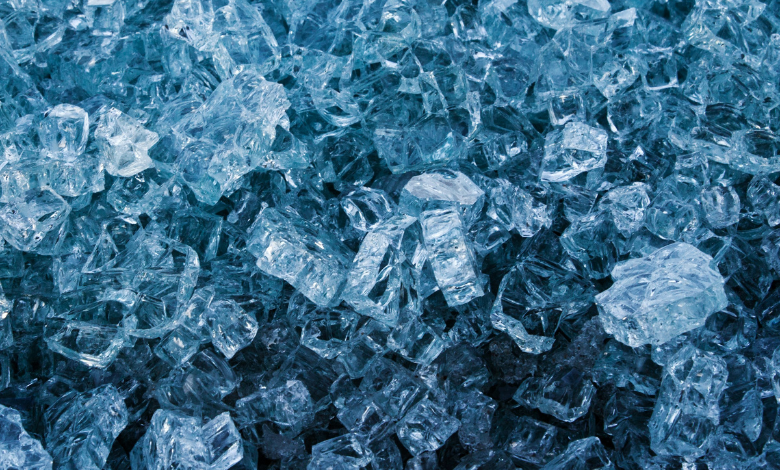Phoenix fire department using ice-filled body bags to treat heatstroke victims as temperatures climb

Starting this season of triple-digit temperatures, the Phoenix fire department is making use of unique tactics in hopes of saving more lives in a county that noted 645 heat-related fatalities last year. Has the method been delivering results?
Firefighters in the US’s hottest big city are immersing heatstroke victims in ice on the journey to area hospitals. The medical technique, called cold-water immersion, is apparently familiar to marathon runners and military service members.
Firefighters packing ice cubes inside impermeable bag
Fire captain John Prato said the technique has also recently been adopted by Phoenix hospitals as a go-to protocol. He recently demonstrated the method outside the emergency department of Valleywise Health medical centre in Phoenix, packing ice cubes inside an impermeable bag.
Prato noted that the medical technique could dramatically reduce body temperature in minutes. He highlighted a recent incident, adding: “Just last week, we had a critical patient that we were able to bring back before we walked through the emergency room doors.”
The heatstroke treatment has made ice and immersion bags standard equipment on all Phoenix fire department emergency vehicles. It is among multiple measures the boiling city has adopted this year as temperatures and related human fatalities rise even higher.
Need for stricter climate policies never been higher
Climate change is real. It has been elevating temperatures in different countries to unprecedented levels and triggering natural disasters, such as storms, floods and cyclones, of much higher intensity. The need for stricter climate policies has never been higher.
The EU’s Copernicus Climate Change Service has confirmed 2023 as the hottest year on record. The entity has also noted the same about the first four months of 2024. Governments, companies and individuals must join hands together to promote improved climate action.
Read More: Nearly 50% of journalists covering climate change globally received threats



